
Welcome to the Pain and Neuroinflammation Imaging Lab
(PI: Marco Loggia, PhD)
Who are we?
The Loggia Lab’s main research questions focus on the brain mechanisms of pain in humans. We are particularly interested in the evaluation of neuroimaging metrics as potential biomarkers of clinical pain, and in the identification of brain alterations occurring in patients suffering from chronic pain conditions.
Some of the lab’s most recent work focuses on the exploration of the role of non-neural cells in the brain (glial cells) and their interplay with neural cells as a potential pathophysiological mechanism in patients with chronic pain. While neuroinflammation has been the subject of intense investigation in animal models, as of today it has been heavily understudied in humans.
In the quest to achieve a deeper understanding of the brain mechanisms of human pain, we use a variety of psychophysical and brain imaging techniques, such as functional magnetic resonance imaging (fMRI) – including Blood Oxygen Level Dependent (BOLD) fMRI and Arterial Spin Labeling (ASL) – as well as integrated Positron Emission Tomography / Magnetic Resonance (PET/MR) imaging.
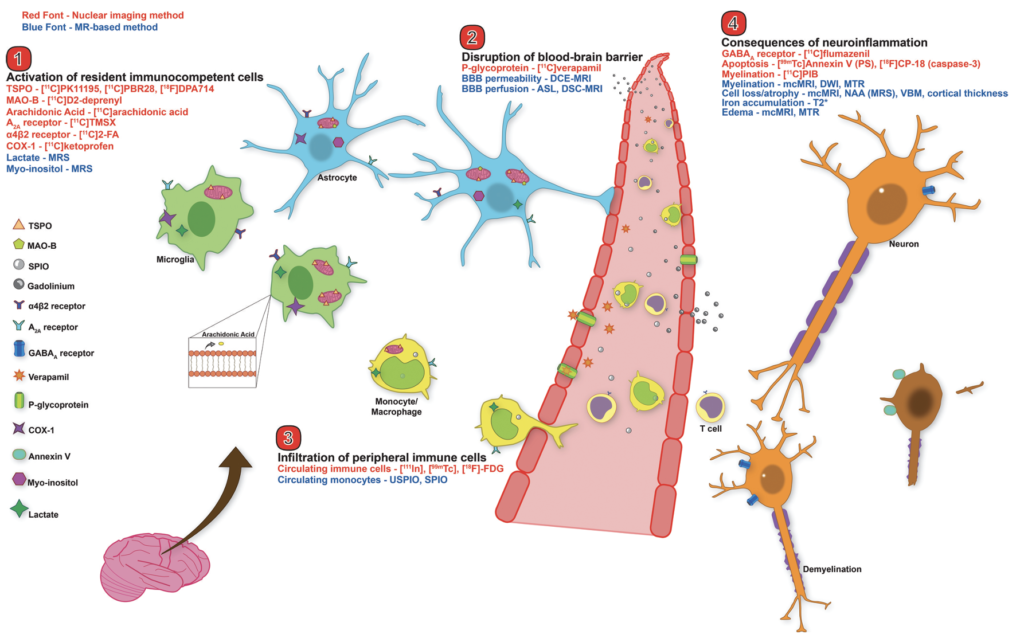
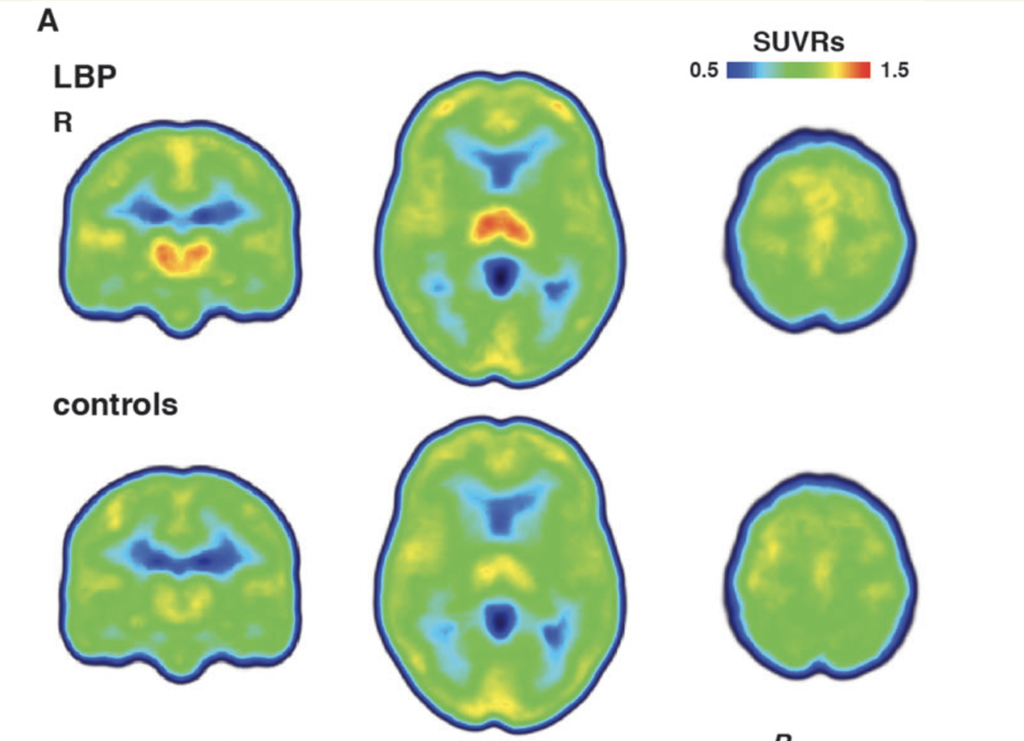
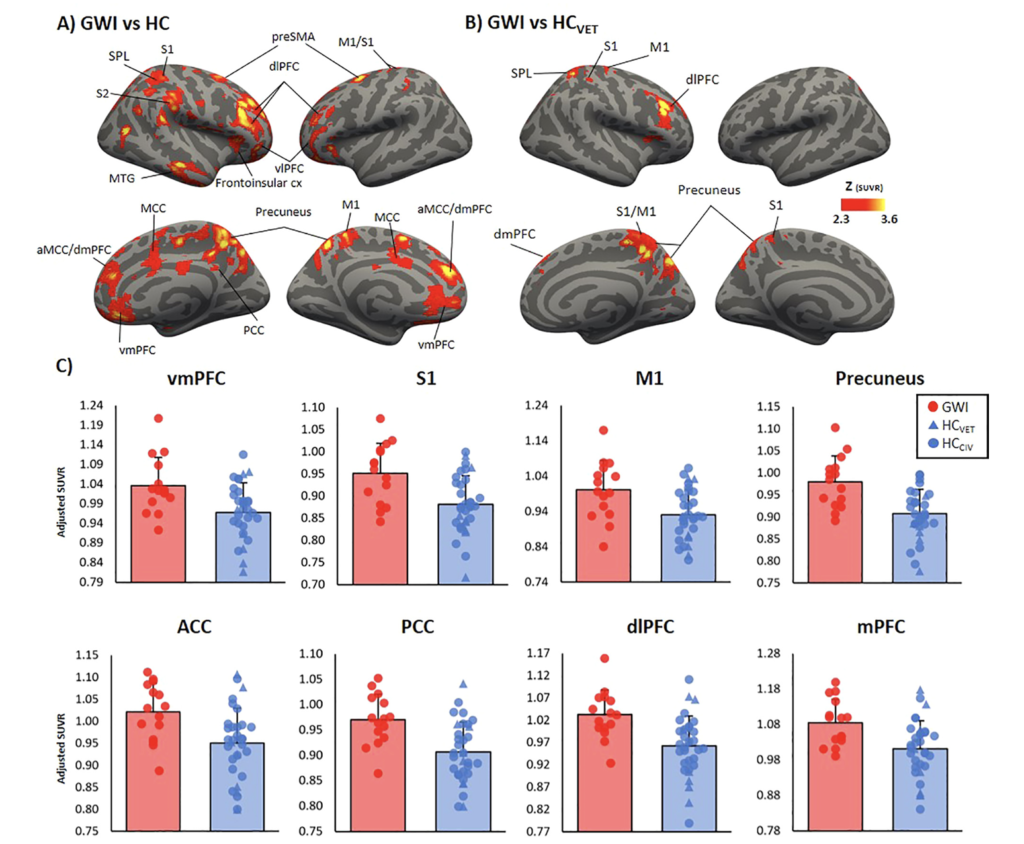
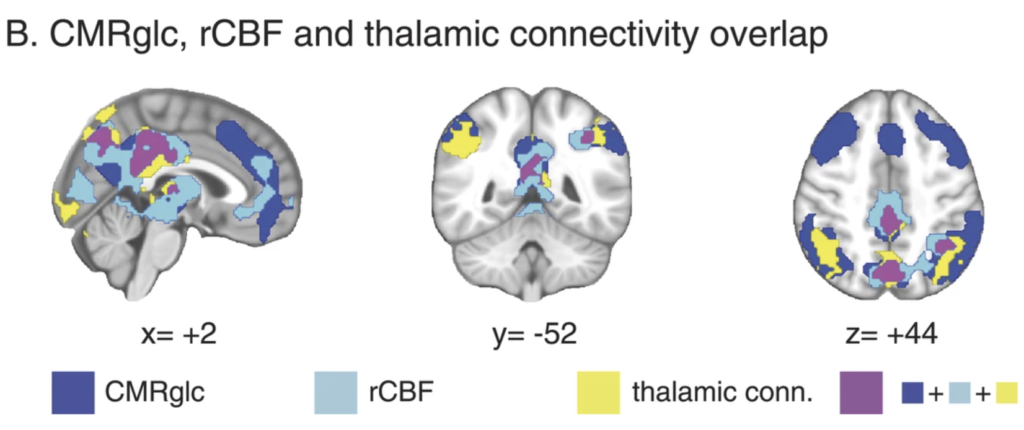
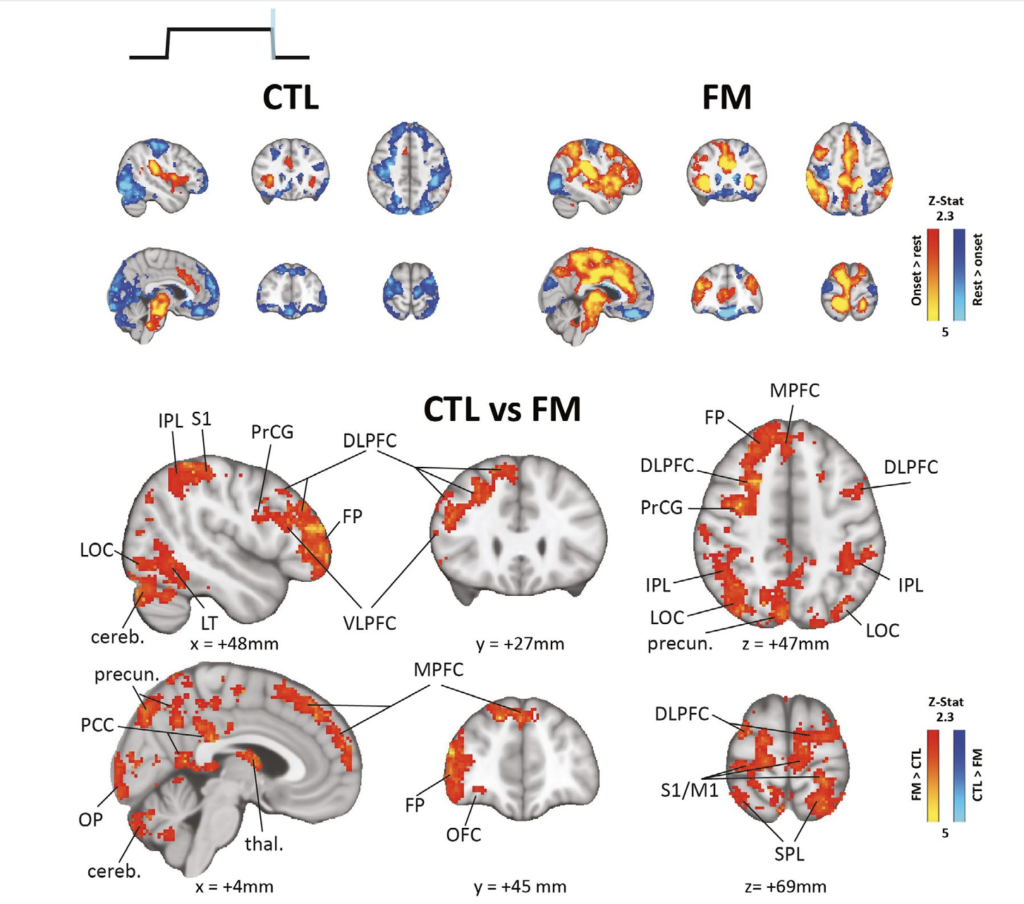
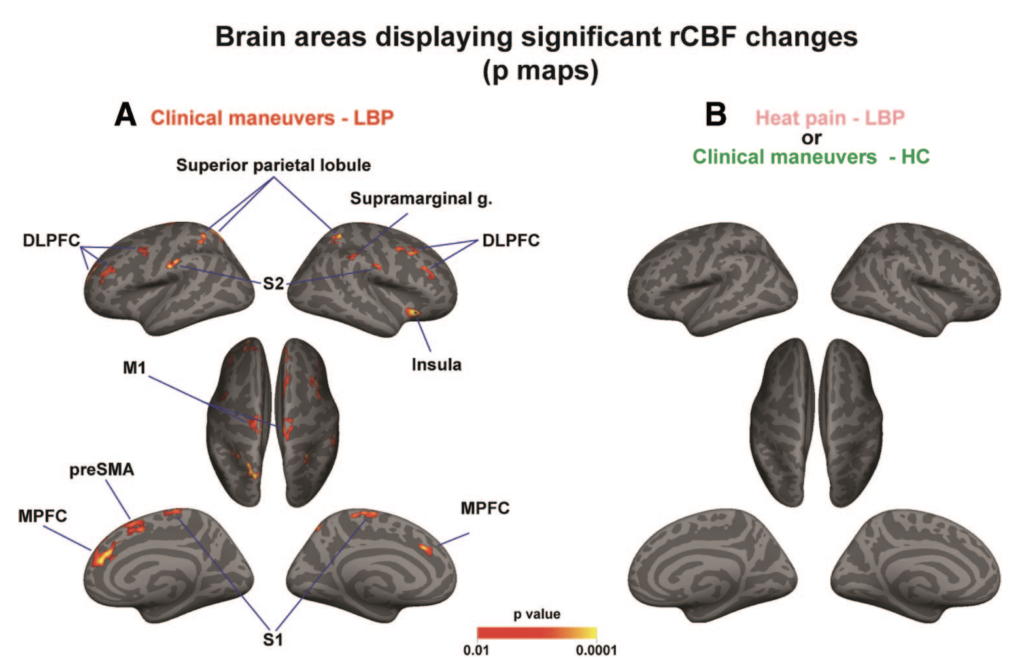
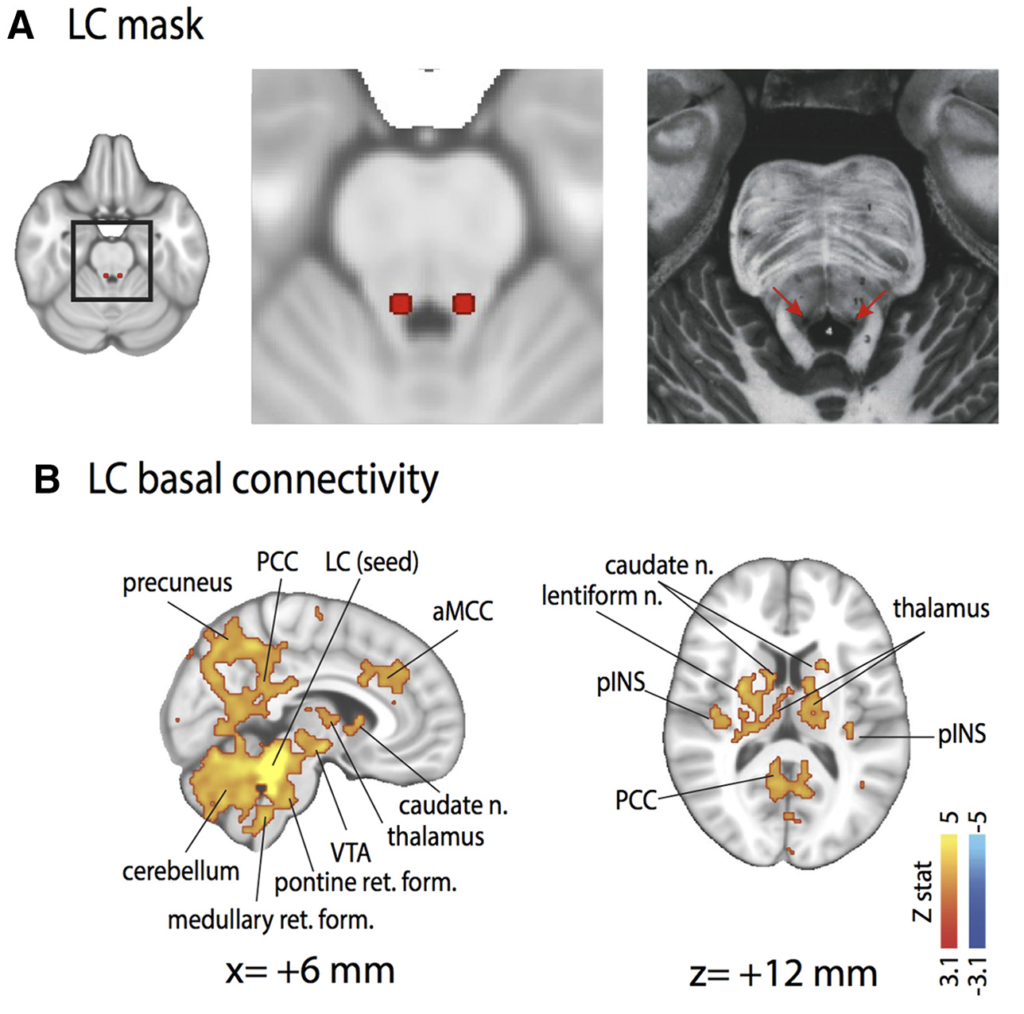
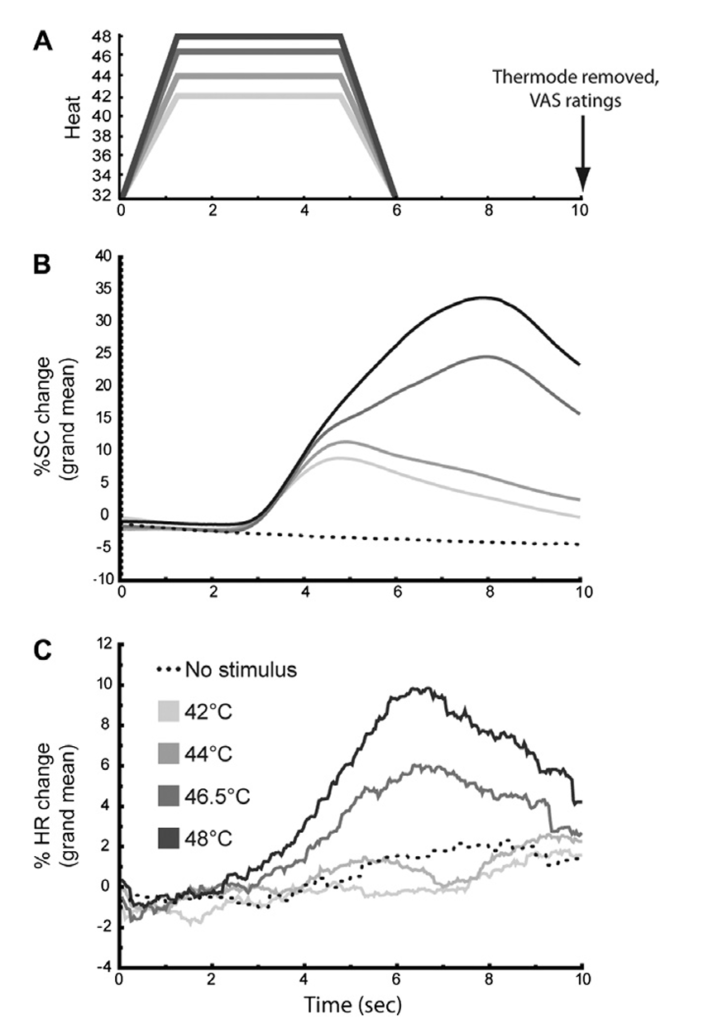
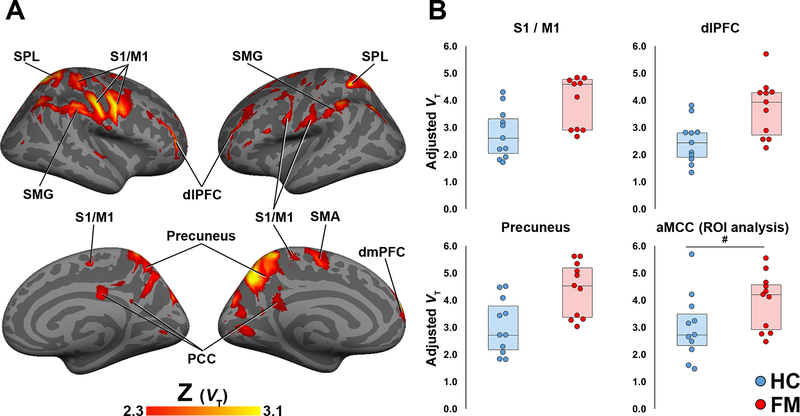
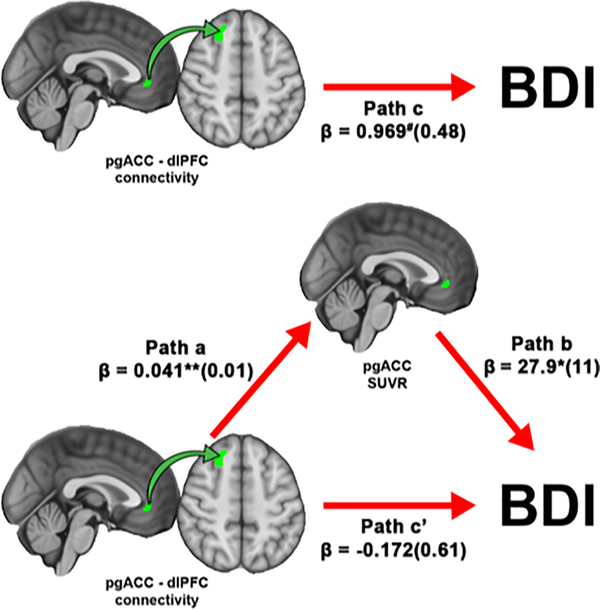
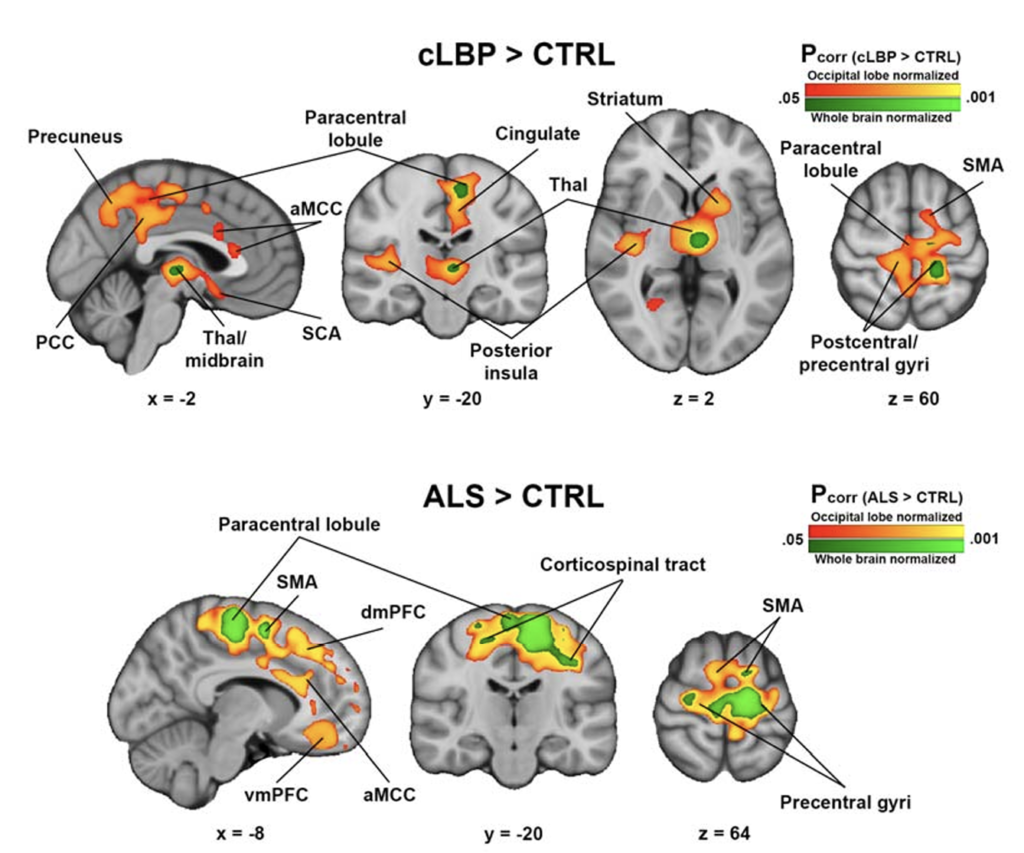
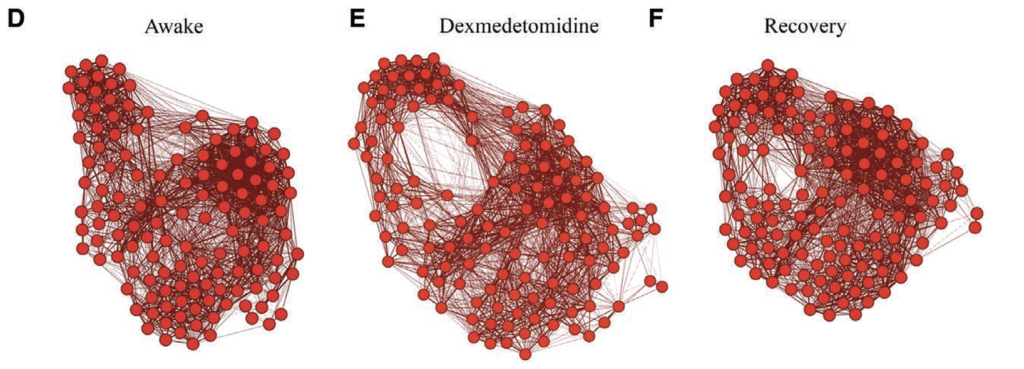
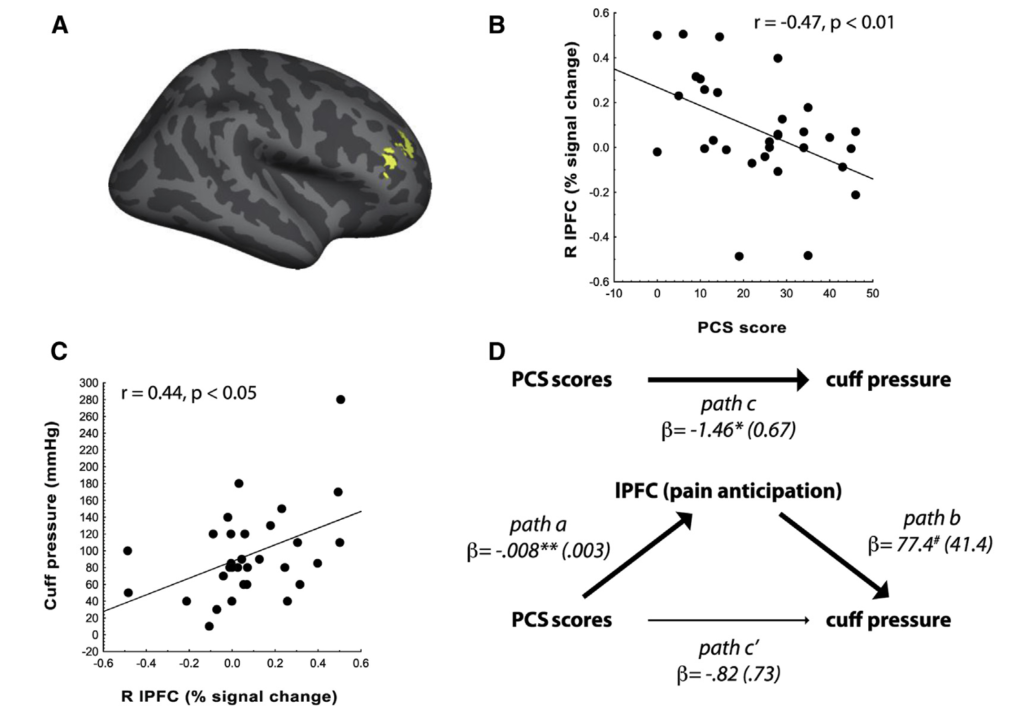
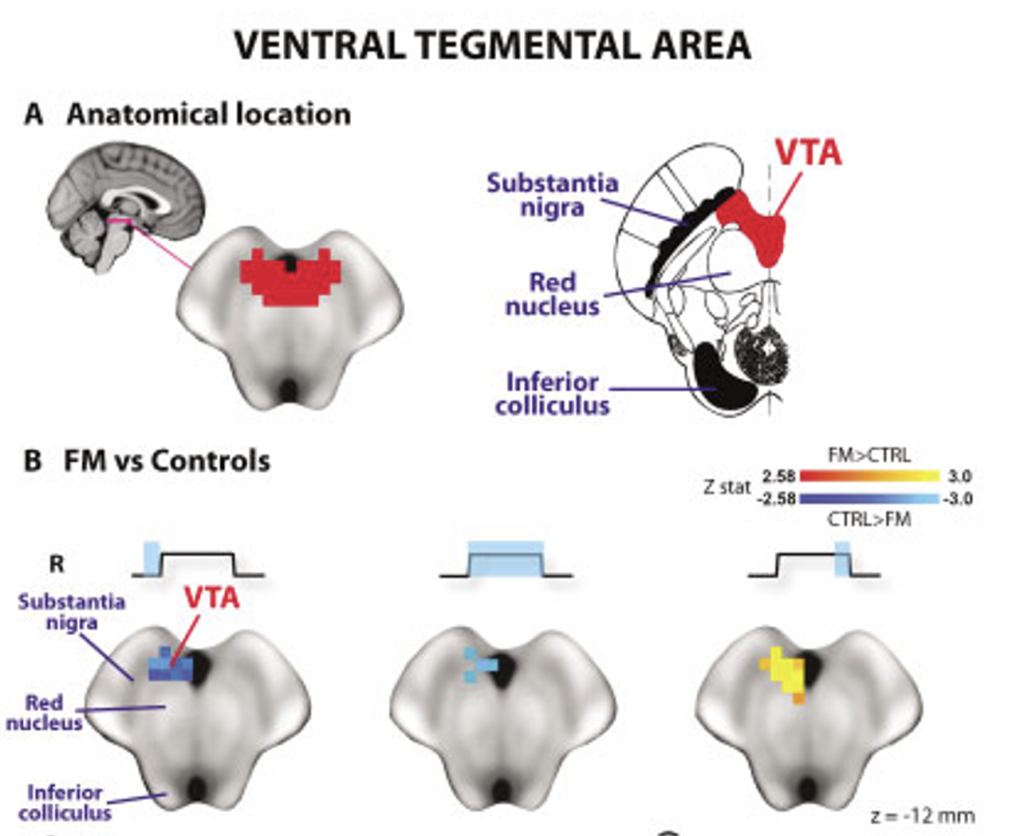
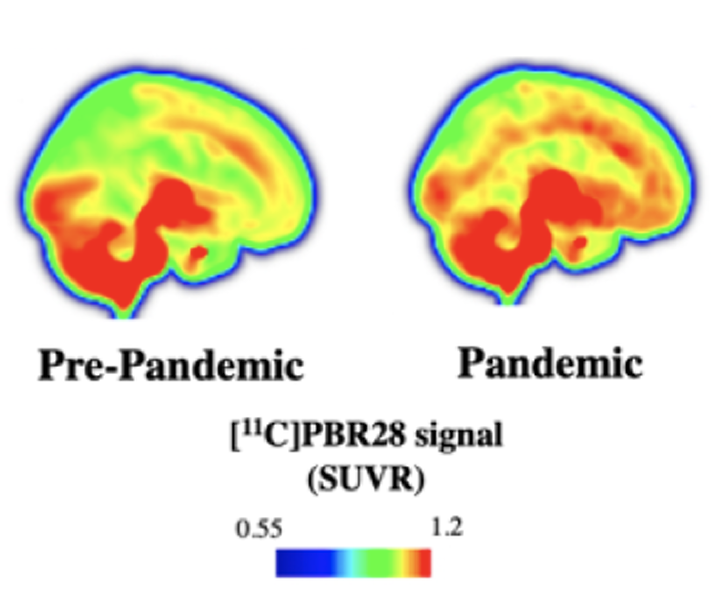
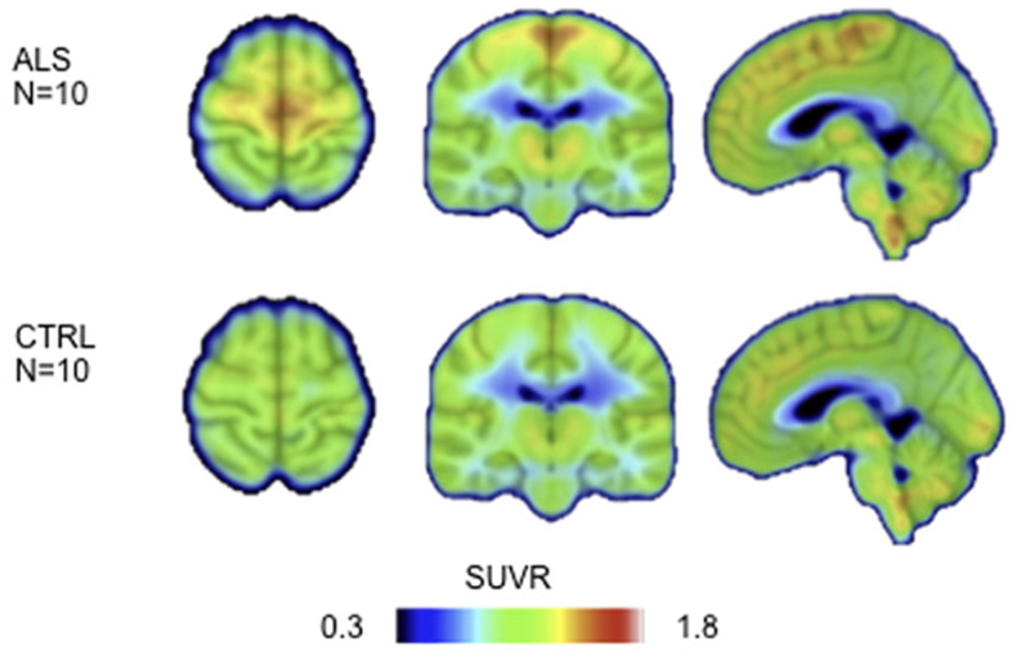
Latest News
- New Paper in Collaboration with Research Group Led by Professor Paul Hodges!We are pleased to announce the publication of a new research article titled “Neuroinflammatory activation in sensory and motor regions of the cortex is related to sensorimotor function in… Read more: New Paper in Collaboration with Research Group Led by Professor Paul Hodges!
- New paper about cortico-meningeal translocator protein in multiple sclerosis, in collaboration with Dr. Caterina Mainero’s laboratory We are pleased to announce the publication of a new research article titled “Characterization of cortico-meningeal translocator protein expression in multiple sclerosis” in the journal Brain. This work was… Read more: New paper about cortico-meningeal translocator protein in multiple sclerosis, in collaboration with Dr. Caterina Mainero’s laboratory
- Congratulations to Young Investigator Award Winners of ISOAI — Angelica and AngelWe are thrilled to announce that Angelica and Angel have won the prestigious Young Investigator Award at the International Society of Osteoarthritis Imaging (ISOAI) meeting in Marrakech, Morocco! This… Read more: Congratulations to Young Investigator Award Winners of ISOAI — Angelica and Angel
- Promotion of Ellie Kim to Program Director, Congratulations!We are thrilled to announce that our beloved lab manager, Ellie Kim, has been promoted to the role of Program Director! Ellie’s exceptional leadership and commitment to excellence have… Read more: Promotion of Ellie Kim to Program Director, Congratulations!
- Welcome to the Lab, Ekim and Maggie!We are excited to welcome Maggie Wargo (Clinical Research Coordinator) and Ekim Luo (Postdoctoral Research Fellow) to the lab. Maggie Wargo (left), a new Clinical Research Coordinator, graduated from… Read more: Welcome to the Lab, Ekim and Maggie!
- New paper about neuroepigenetics in chronic pain, in collaboration with Dr. Monica Wey’s laboratory, out in Pain!The paper document the first use of [11C]Martinostat, an HDAC-selective radiotracer, positron emission tomography to assess HDAC availability in chronic pain condition. Our data revealed a significant reduction of… Read more: New paper about neuroepigenetics in chronic pain, in collaboration with Dr. Monica Wey’s laboratory, out in Pain!


